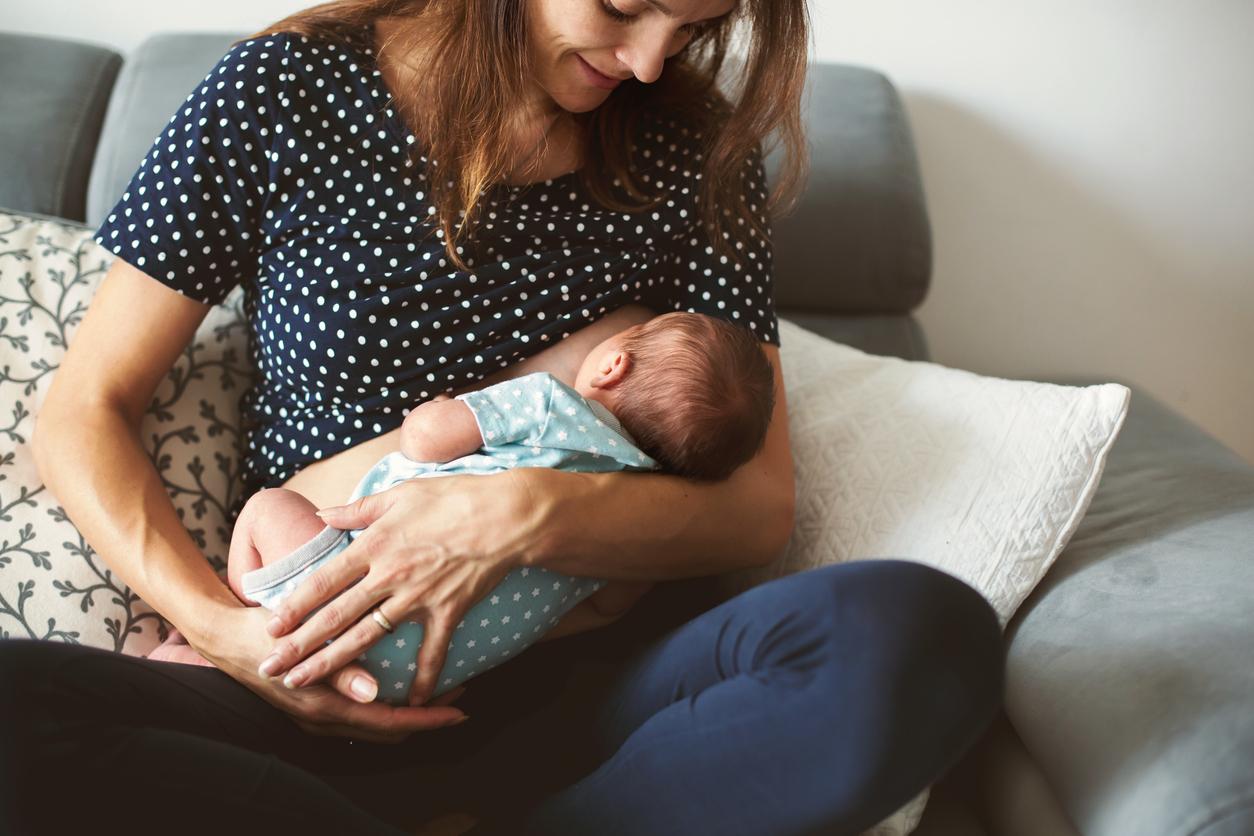Breastfeeding rates decline across England despite 80% of mothers trying, new figures reveal
The data also shows stark disparities in rates in different regions across the UK

The number of women in England breastfeeding their babies six to eight weeks after giving birth has declined, according to new figures from Public Health England (PHE).
Just 42.7 per cent of mothers breastfeed their babies when they are six weeks old, according to most recent data for 2017-2018. The rate has fallen from 43.1 per cent in 2015-2016 and 43.8 per cent in 2014-2015.
The new figures also reveal stark disparities in breastfeeding rates in different regions across the UK. While eight in 10 babies were found to be breastfed in Tower Hamlets in east London, the number dropped to less than one in five in Knowsley, Merseyside.
Even though the figures are decreasing overall, the rate of women starting to breastfeed after birth remains high, at around 80 per cent, leaving experts to question why they are stopping.
According to the NHS’s Start4Life campaign, the benefits of breastfeeding include protection from infection and nutritional balance, as well as a lower chance of sudden infant death syndrome, childhood leukaemia and allergies.
It also claims that breastfed babies are less likely to develop diabetes or become overweight when they are older and says mothers benefit by bonding with their child and having a lower risk of developing breast and ovarian cancer, osteoporosis, diabetes and cardiovascular disease.
The World Health Organisation (WHO) recommends that mothers breastfeed their baby for the first six months of life, after which they can start eating solids, supplemented by breastfeeding.
It places no upper age limit on breastfeeding but encourages mothers to do so until their child is around two years old.
Prof Viv Bennett, the chief nurse at Public Health England, acknowledged that breastfeeding was not always easy but said that it is something mothers and babies can learn together.
“We know some mothers may need support and encouragement to help them start and continue with breastfeeding,” she said.
“That’s why we offer trusted advice to parents through our Start4Life campaign resources and to midwives and health visitors through professional guidance.”
The Royal College of Midwives (RCM) recently updated its advice to tell midwives that women who decide not to breastfeed must be respected for their choice.
Carmel Lloyd, the head of education at the RCM, has also called for more investment in specialist midwives and high-quality postnatal support to help women start and keep breastfeeding.
“Low breastfeeding rates in parts of the UK unfortunately indicate a much bigger social and cultural problem that needs to be tackled,” she said.

“There are some areas where many generations of women haven’t been given the example of breastfeeding or offered the right support to enable them to initiate and sustain breastfeeding if they choose to breastfeed”.
As to why the UK has one of the lowest rates of breastfeeding in the world, a recent documentary by Channel 4’s Dispatches revealed that reduced breastfeeding support, cuts in public health funding, negative attitudes towards breastfeeding in public and a lack of knowledge of the health benefits of breast milk are all contributing factors.
Join our commenting forum
Join thought-provoking conversations, follow other Independent readers and see their replies
Comments
Bookmark popover
Removed from bookmarks